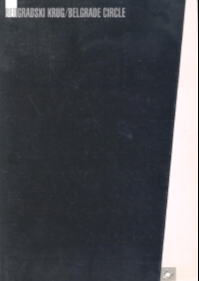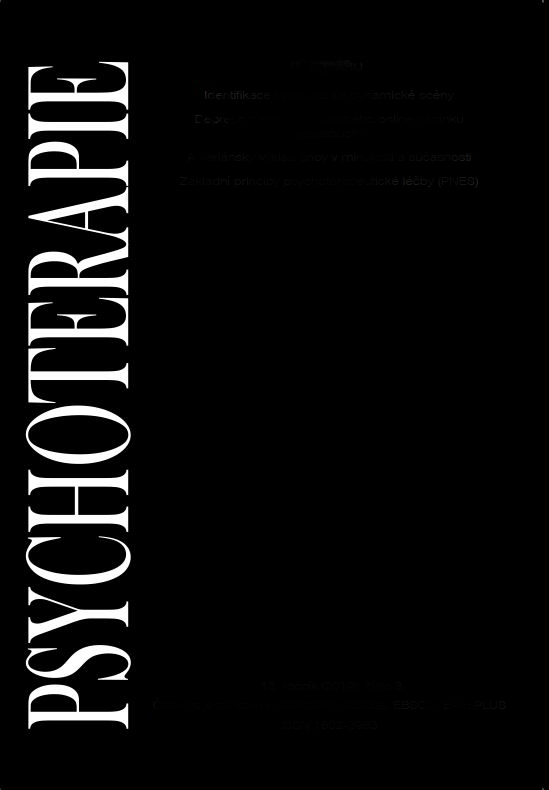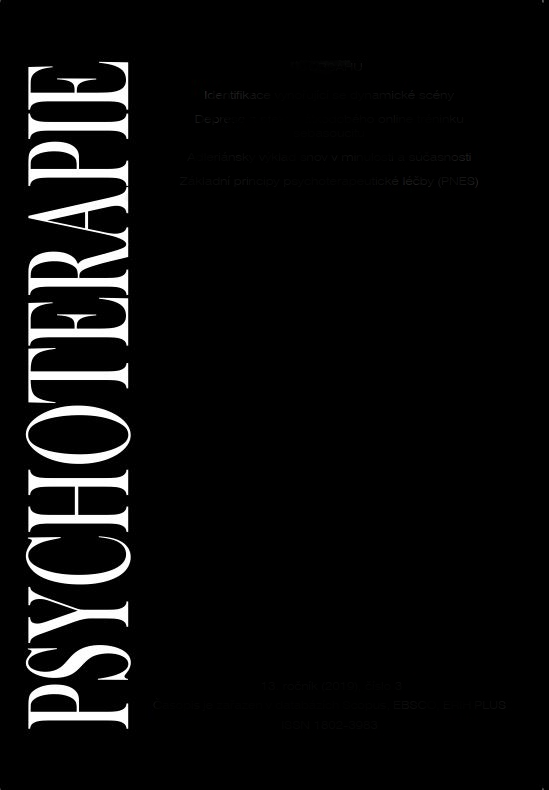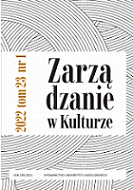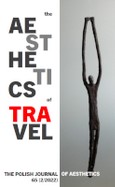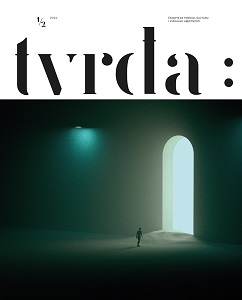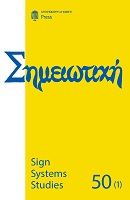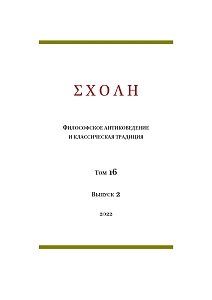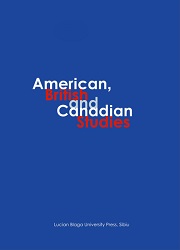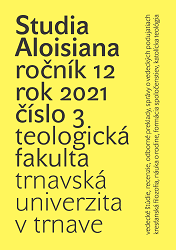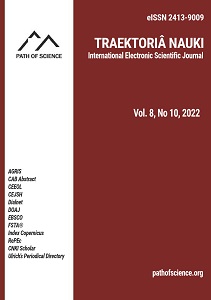Keele mõistmise modeleerimine arvutil. Semantika, ontoloogia ja sündmuste esitus kahe valdkonna näitel
If we intend that the computer will understand language (texts) the same way as humans do (meaning the result, not the process of understanding), we need to transfer our current conception of the human text understanding ability to the computer for gradual elaboration. The feedback would in turn contribute to the improvement of the theoretical conception. The article addresses conceptual transfer between cognitive domains as one of the central mechanisms in human language competence, by which the more abstract domains are structured on the basis of more concrete and cognitively prior ones (target domain and source domain, respectively). Such transfer is controlled by the Invariance Principle and image schemas. The concept of a unit of understanding is introduced for the units in terms of which knowledge is stored and processed. Events belong to such units. Events are described by means of frames, qualia structures and inference rules. Besides linguistic meanings human text understanding relies on ontological knowledge, which has to be made explicit in the model. Our study of transfer mechanisms uses events of the motion domain (source domain) and communication domain (target domain). An analysis of the structures of two events – THROWING-1 (A is throwing an object x to someone) and INFORMATION REQUEST (A informs someone of his/her wish to obtain some information y from him/her) – is presented as an example. It appears that the frame structures of the two events are similar, whereas the participating entities (partly) differ in their qualia structures, e.g. Physical Object vs. Info Object for the object being moved, and Place vs. Mental State for the place where the object will stop; however, the differences can be explained by domain specifics, using the Invariance Principle and the relevant image schemas. Consequently there is good reason to regard the motion domain as one of the source domains of the communication domain. In addition, some problems, conceptual as well as technical, related to the computer realization of the described approach are discussed (simple and complex events, recognizing events in text, different types of inferences needed to explicate covert information in text).
More...
